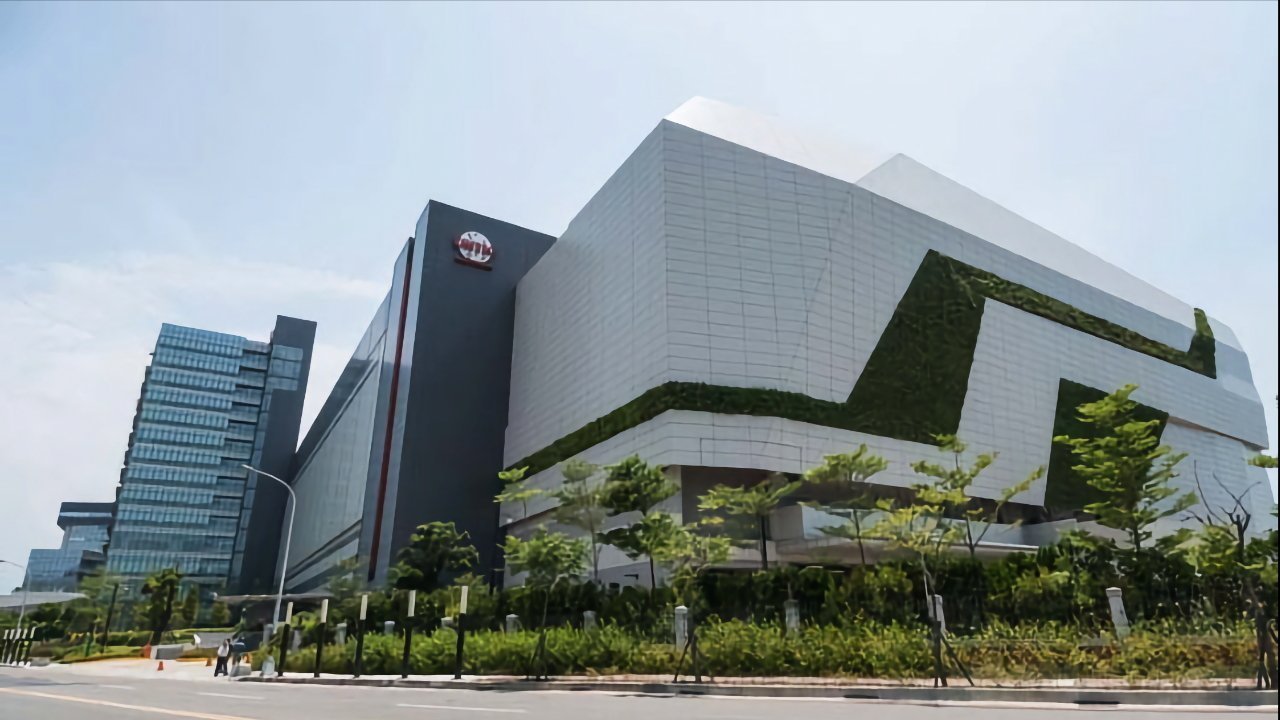As chatter about a Chinese invasion of Taiwan grows, two Apple suppliers have confirmed they can sink chip production lines from outside the country if necessary.
Tensions between Taiwan and China have continued to rise, with no signs of stopping anytime soon. With China insisting that Taiwan is its territory and the government unwilling to rule out military action, there are fears that China could try to take control of the country by force.
In March, a US admiral testified that China could invade Taiwan by 2027 because of the country's military growth. With the US Congress in April approving an $8 billion aid package to boost Taiwan's defenses, the Biden administration has also sought guarantees from the private sector.
US officials have expressed concerns to colleagues in the Netherlands and Taiwan about Chinese intervention, reports Bloomberg. Concerns include fears about what could happen to production lines used to make processors, including TSMC's lines used to make chips for Apple.
ASML Holding is a Dutch company that produces chip manufacturing equipment for an extreme ultraviolet (EUV) process. That includes chip manufacturing lines used by TSMC on Apple's behalf iPhone And Apple silicon chip families.
ASML has given the Dutch government assurances about the potential threat of a Chinese invasion. Two people familiar with the discussions say ASML has the ability to remotely shut down its machines if such a threat arises.
There are fears that the machinery could fall into Chinese hands, something other world governments have been keen to avoid.
Spoils of war, a competitive advantage
Each machine, the size of a bus and worth more than $217 million per unit, is used to make chips with the smallest commercially available transistors. Although ASML has shipped its machines to customers in China, there are concerns that the expensive hardware could be considered spoils of war.
Concerns that China might take over the machines and use them to make new chips have governments on their guard.
This already meant that the Netherlands prohibited ASML from selling its EUV machines to China at all. This was a request from the US, which also directly asked ASML to cancel shipments to customers in China.
However, ASML still expects China to be the largest market for its hardware.
The US has a secondary incentive to prevent China from gaining access to the specialized machines. The United States is eager to boost chip production on its shores, and does not want to give China any advantage.
That production drive includes a $6.6 billion subsidy transferred to TSMC in April to build a third production plant in Arizona.
With Taiwan already producing 90% of the world's advanced chips, the prospect of China getting its hands on the hardware and gaining a major hardware manufacturing advantage is too great for the US government.

